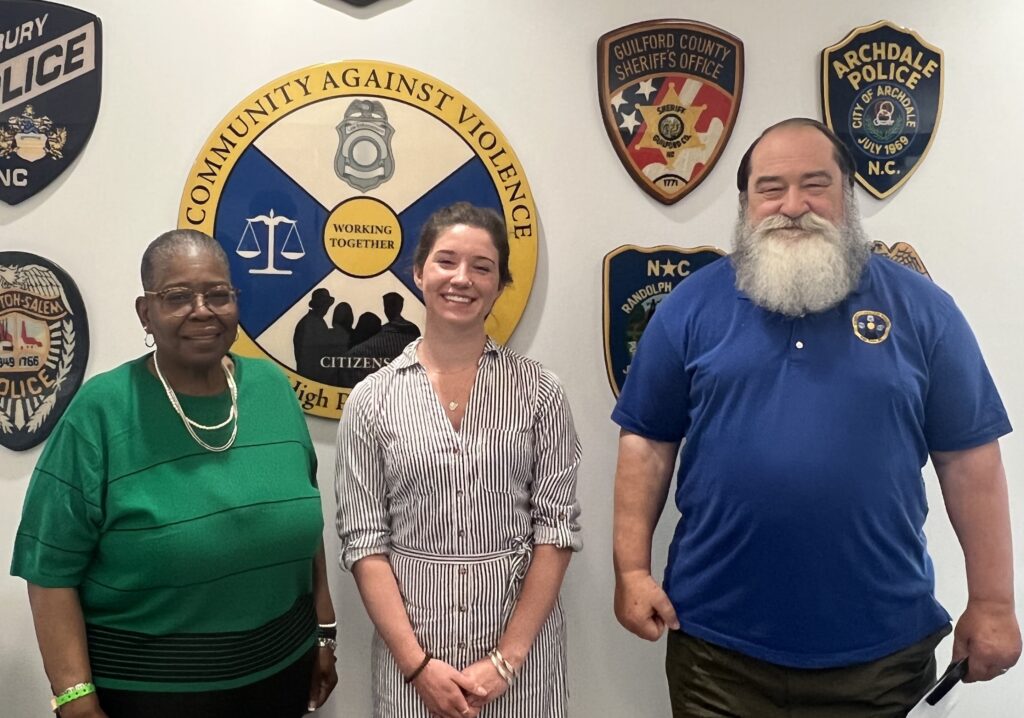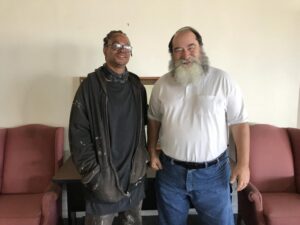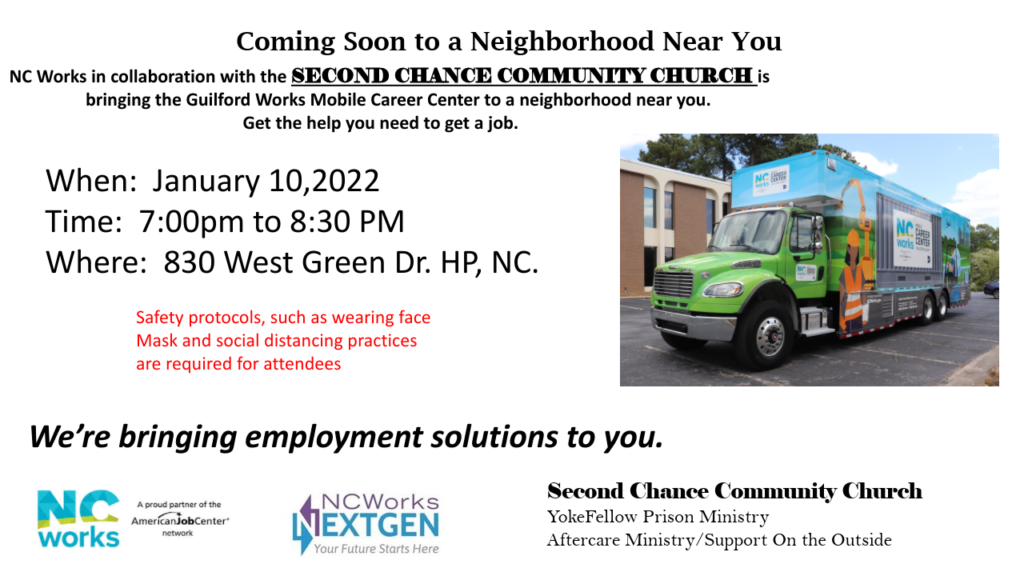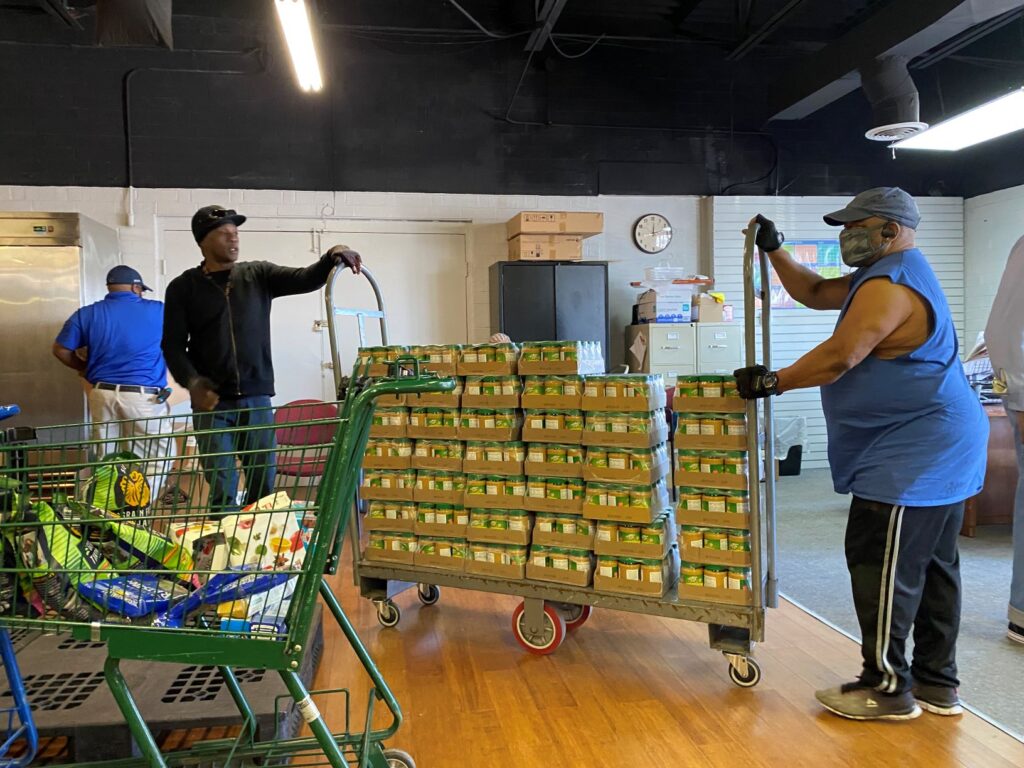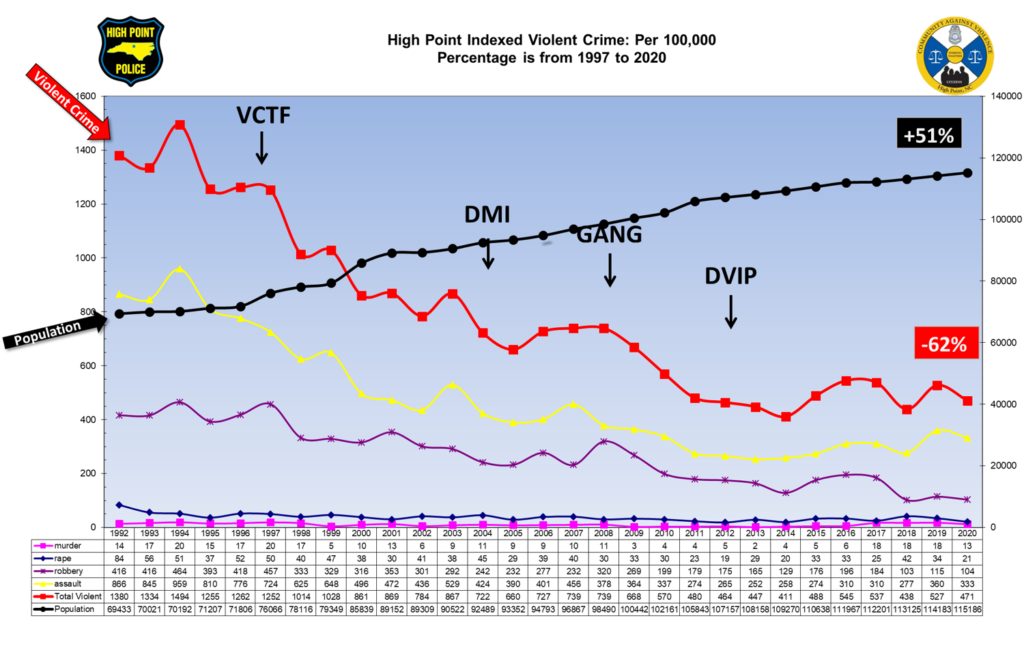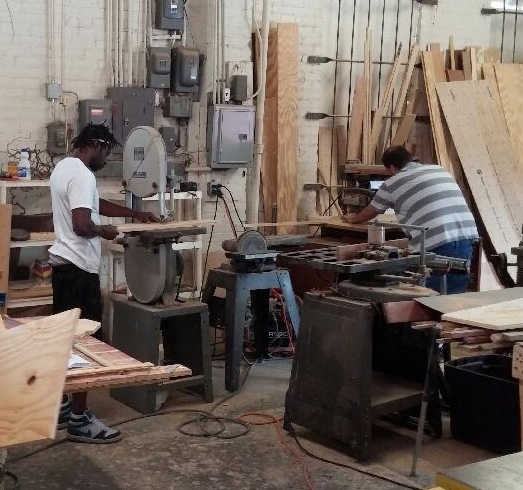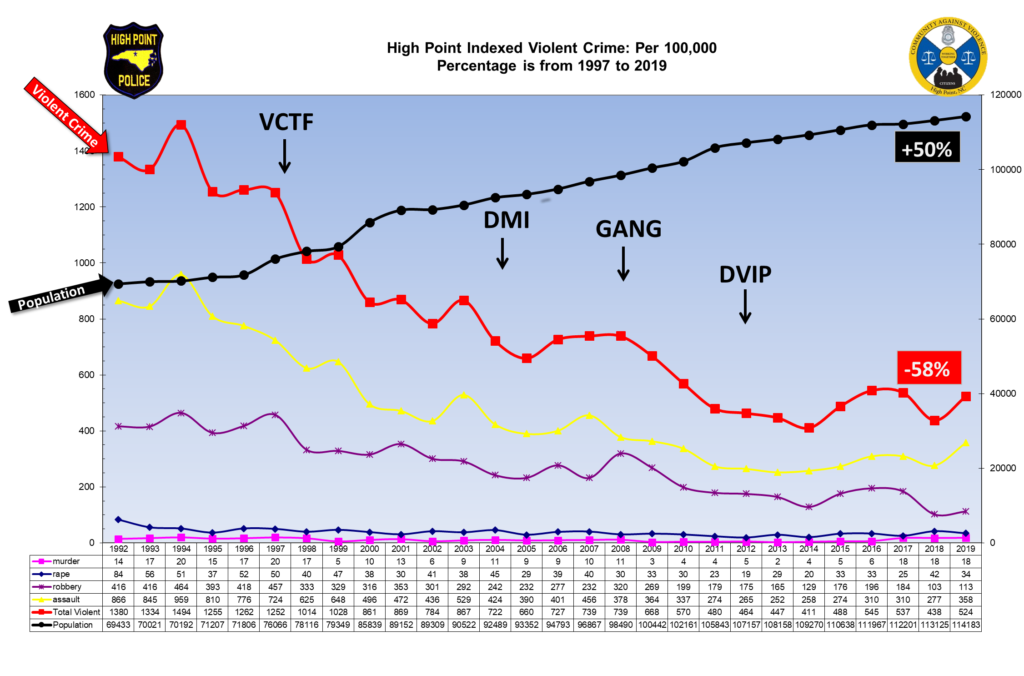Crime Stoppers of High Point is beginning a new program that targets felons who are carrying illegal firearms. Anyone who reports information leading to the arrest of a felon in possession of a gun could earn $500. This effort is based on a successful program by the Charlotte-Mecklenburg Police Department.
Tips can be made by calling Crime Stoppers at 336-889-4000 or downloading the P3 Tips mobile
app. Tips are always anonymous.
It’s another way our residents can help law enforcement make High Point safer for everyone.
